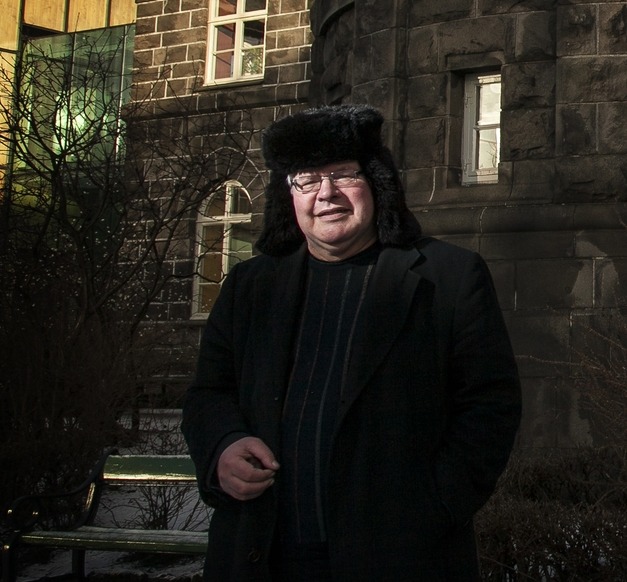Ólafur Þ. Harðarson, the former Dean of the School of Social Sciences, is one of Iceland’s most renowned political scientists and those who pick his brain for knowledge in the field are not on a fool’s errand. It is no coincidence that he is the main consultant in Iceland when it comes to political sciences and is frequently asked to interpret the political landscape and results of elections in the media.
Harðarson governed the largest school at the University of Iceland from 2008-2013, with five thousand students; or the third of all UoI students. “Social Sciences are the most popular subjects at the University. This popularity is not surprising. It is fascinating to try to understand life and society,” says Harðarson.
Despite his workload, Harðarson is an efficient researcher and is currently working on extensive research on Icelandic elections as well as writing a book. “Research on elections is everywhere one of the most important research areas in political science. It is the foundation of our understanding of democracy in general and the democratic system of each country,” says Harðarson.
The Icelandic election study that Harðarson is currently working on is long-term research on election behaviour and Icelanders’ attitude towards politics and political parties. “Interviews have been conducted with voters after all general elections from 1983. Following the 2013 elections voters are being interviewed, furthermore, Eva Heiða Önnudóttir, a doctoral student in Political Sciences at the University in Mannheim, will conduct a survey among electoral candidates.”
The inspiration for the first election study in 1983 was Harðarson’s PhD thesis: “Back then, electoral behaviour was a black hole in scientific knowledge on Icelandic politics and society. The results from the study have since been published in books and international journals.”
Information on answers from more than twelve thousand Icelanders dating back from 1983 is to be found in open access on the Social Science Research Institute website; and is widely used by scholars, students and the general public.
Harðarsson says that since 1999 a part of the Icelandic election study has involved collaboration with around 30 countries and access to those results are also open on the Comparative Study of Electoral Systems (CSES) website.
„We are currently working on storing the Icelandic election data in a new database, The True European Voter, which will store data from most election studies in Europe for the last 50 years and access to this database will also be open,” says Harðarson.
Even though Harðarson‘s focus is on electoral behaviour in Iceland he also participates in important Nordic collaboration. The first book on a comparison of electoral behaviour in the Nordic countries will be published this year, The Nordic Voter. The book touches upon many interesting and important results. “The book is my collaboration with four other leading specialists on election studies in the Nordic countries.”



